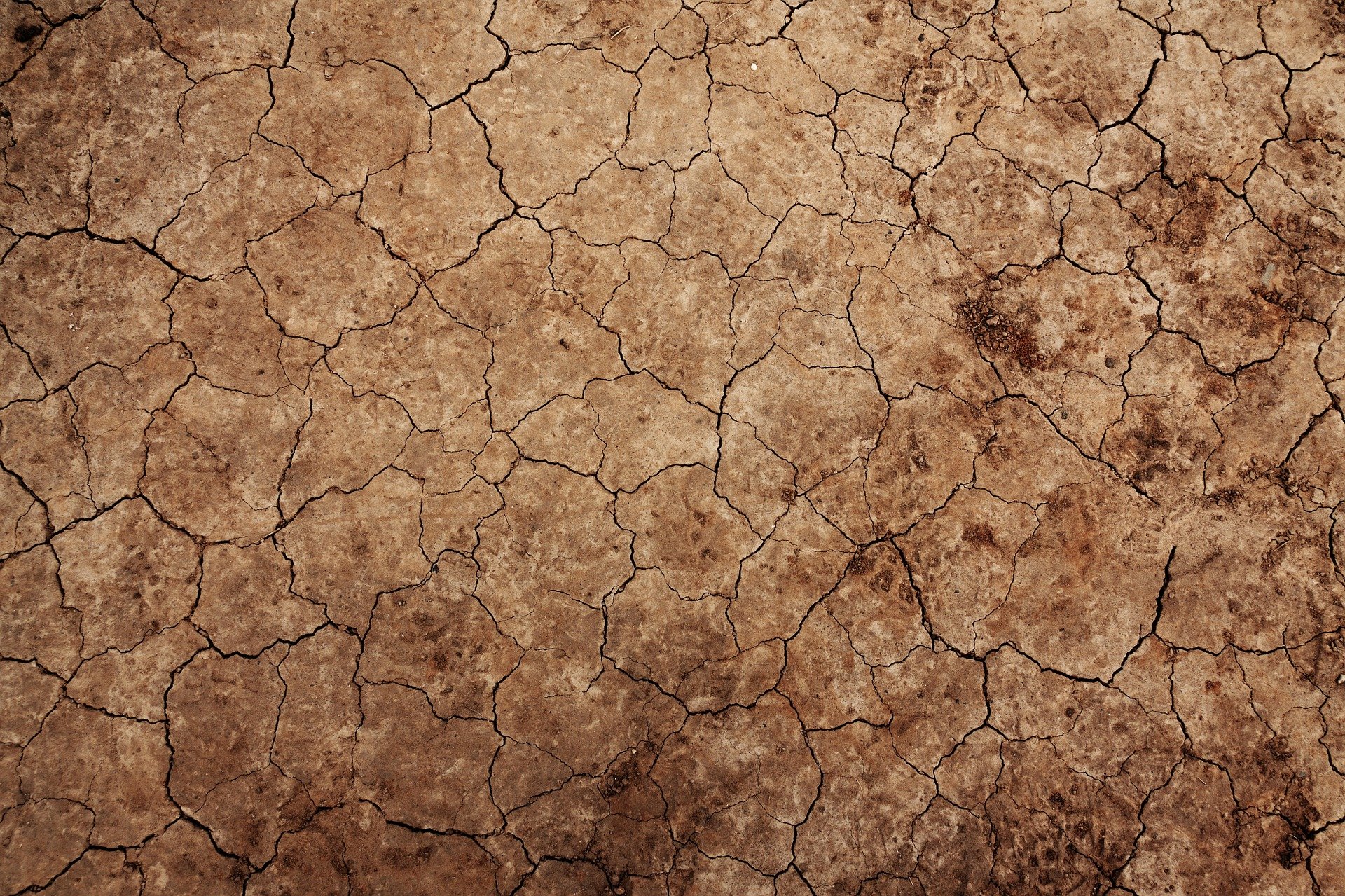
THE unique wetlands, Las Tablas de Daimiel, in the central plains of Castilla-la Mancha, have nearly completely dried up over the past three years as its water has been re-routed for agricultural use.
The wetlands were previously home to many species of birds and wildlife such as ducks, herons, egrets and freshwater crayfish, but now they have mostly vanished from the area.
The ecological cost of growing food in Spain has caused water shortages all over the country and which can be seen in the current state of Las Tablas de Daimiel’s dry, cracked riverbeds.
One of the reasons for the drought is thought to be a consequence of the Spanish government´s decision to turn Murcia and Almeria into an agricultural centre in the 1970s. This had severe consequences as none of Spain´s three main rivers; Duero and Tagus and Ebro, flow near Murcia or Almeria.
To solve the problem, 300km of pipeline was built to transfer water from the Tagus to irrigate the barren south.
However this has caused disastrous environmental consequences as instead of satisfying demand, it has led to unsustainable intensive agriculture and the exploitation of groundwater.
The water from the Tagus is not enough to meet the growing demands of agriculture in Almeria: over the past 40 years the amount of water in the Tagus has fallen by about 40%, causing Almeria to be increasingly reliant on desalinated seawater.
According to the World Wildlife Fund there is only 3000 hectares left of a system of 50,000 in the wetland in Castilla-La Mancha.
WWF estimates that 88,000 hectares are illegally irrigated in Daimiel, Doñana, Mar Menor and Arenales.
The wetlands have been the focus of controversy before in 2012, when the area was so dry it was causing underground peat fires. This prompted the EU to launch an investigation into how, for decades, Spanish authorities had allowed thousands of illegal wells to be dug near the park.
The national embarrassment of an emergency government project to extinguish the peat fires got lucky as it was completed just as the region experienced the most torrential rain in half a century.
International attention to the wetlands improved as the birds and wildlife came back along with tourists.
However, the lack of action surrounding the illegal use of underground wells and the rerouting of the Tagus has meant that today Las Tablas remains arid and bone-dry.
READ MORE:
